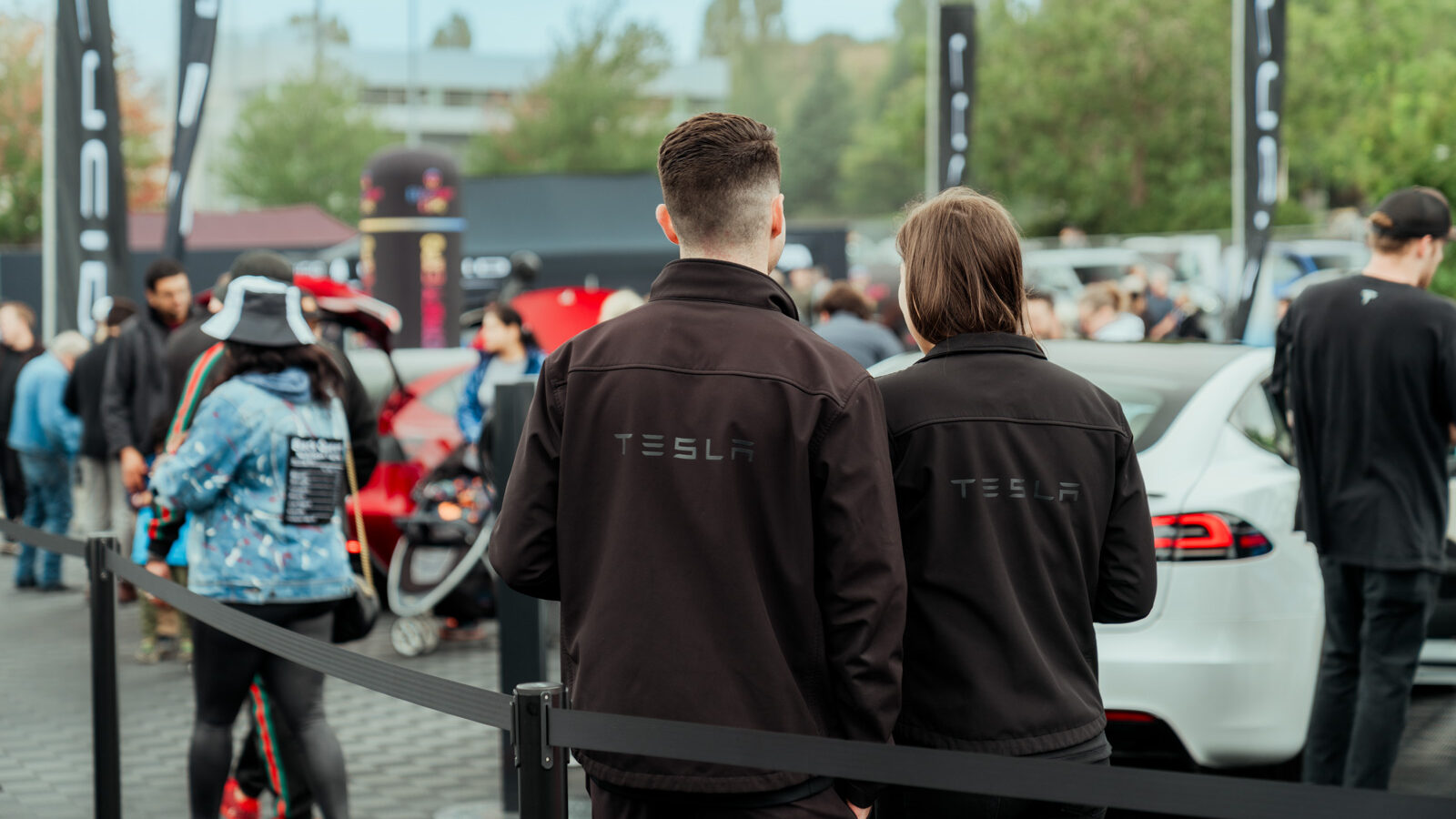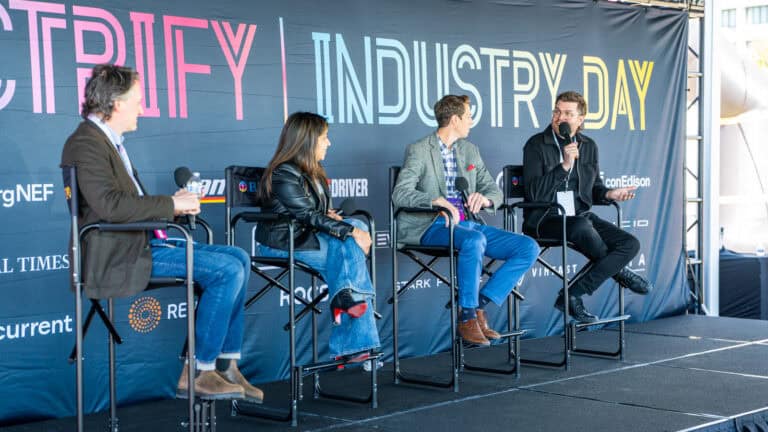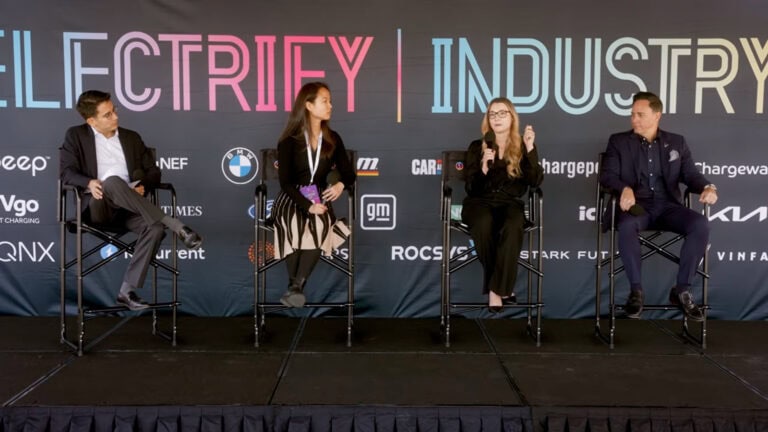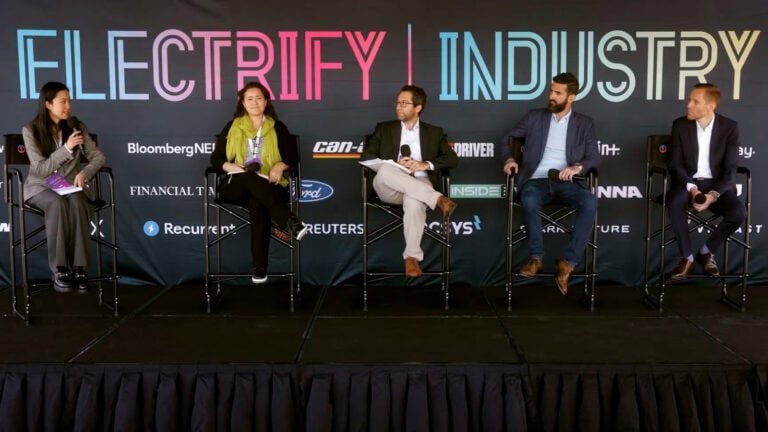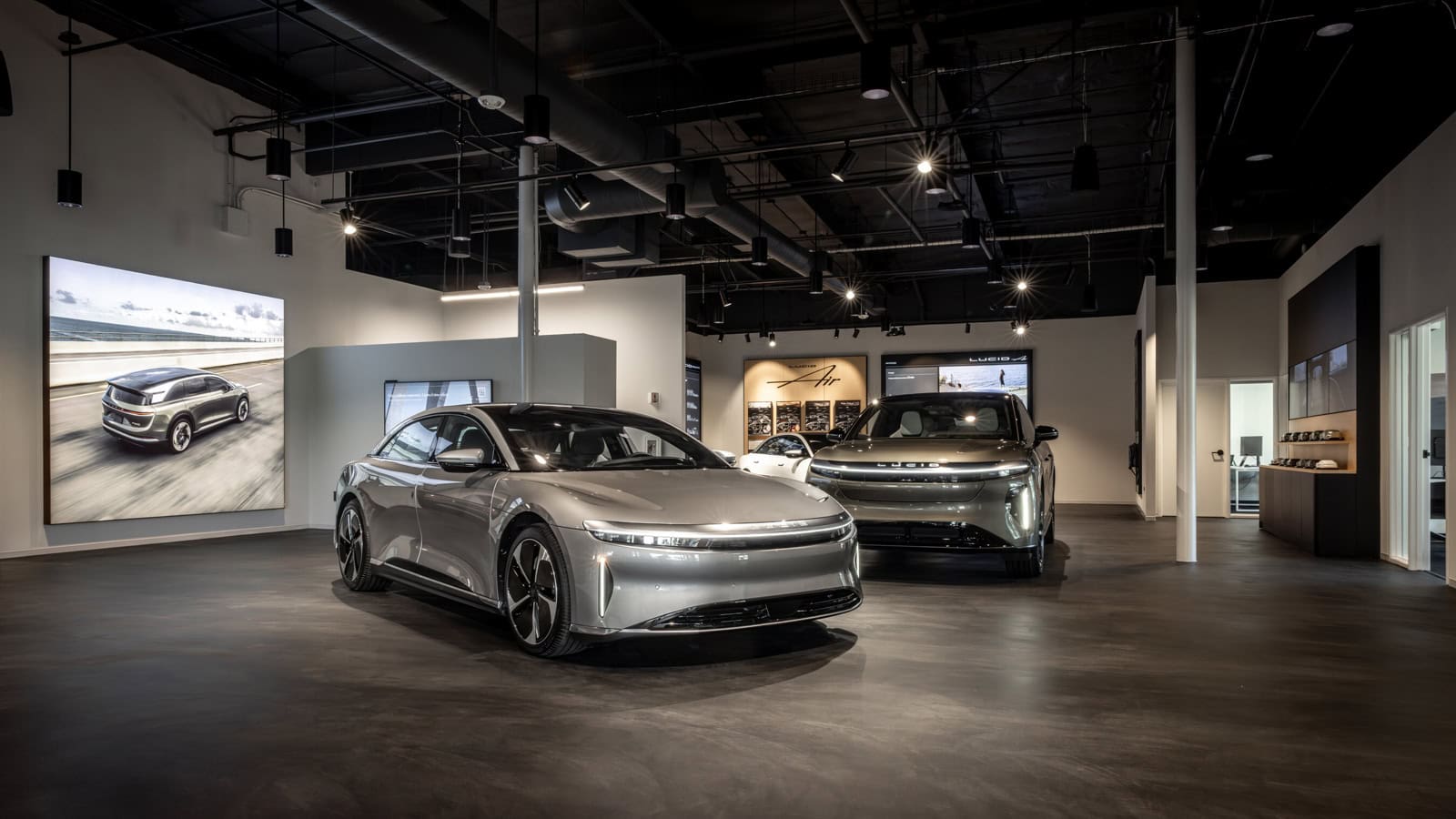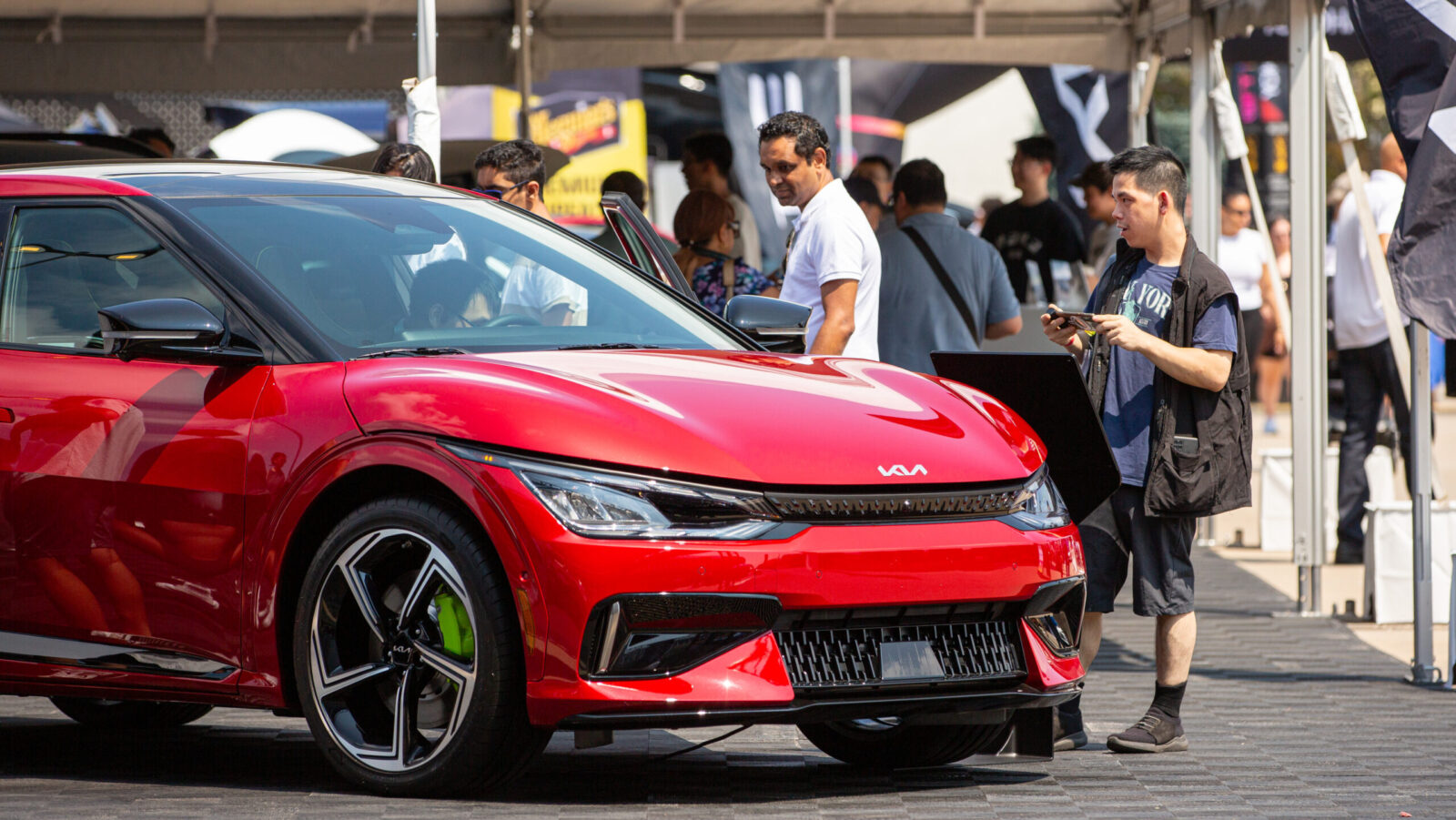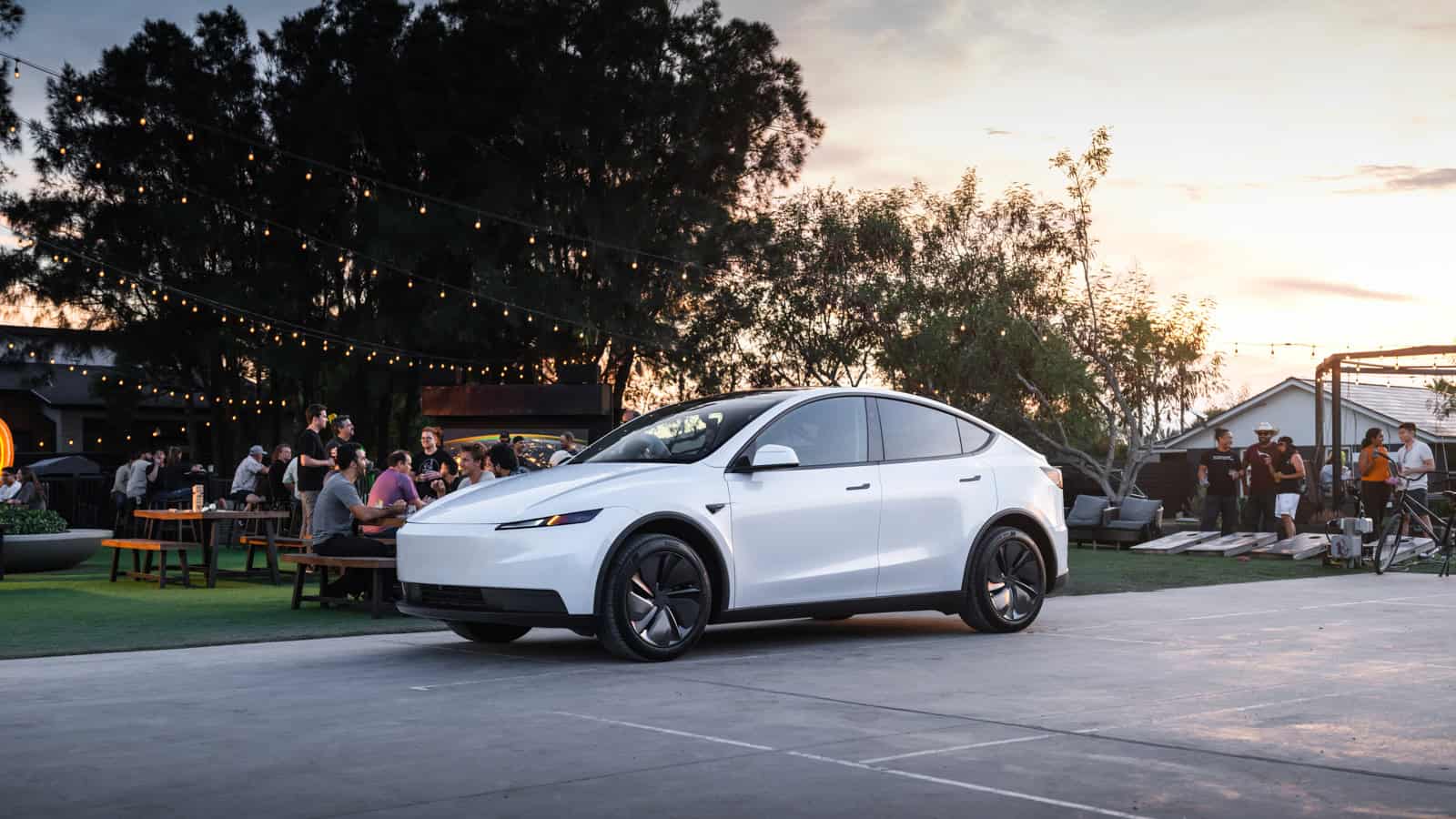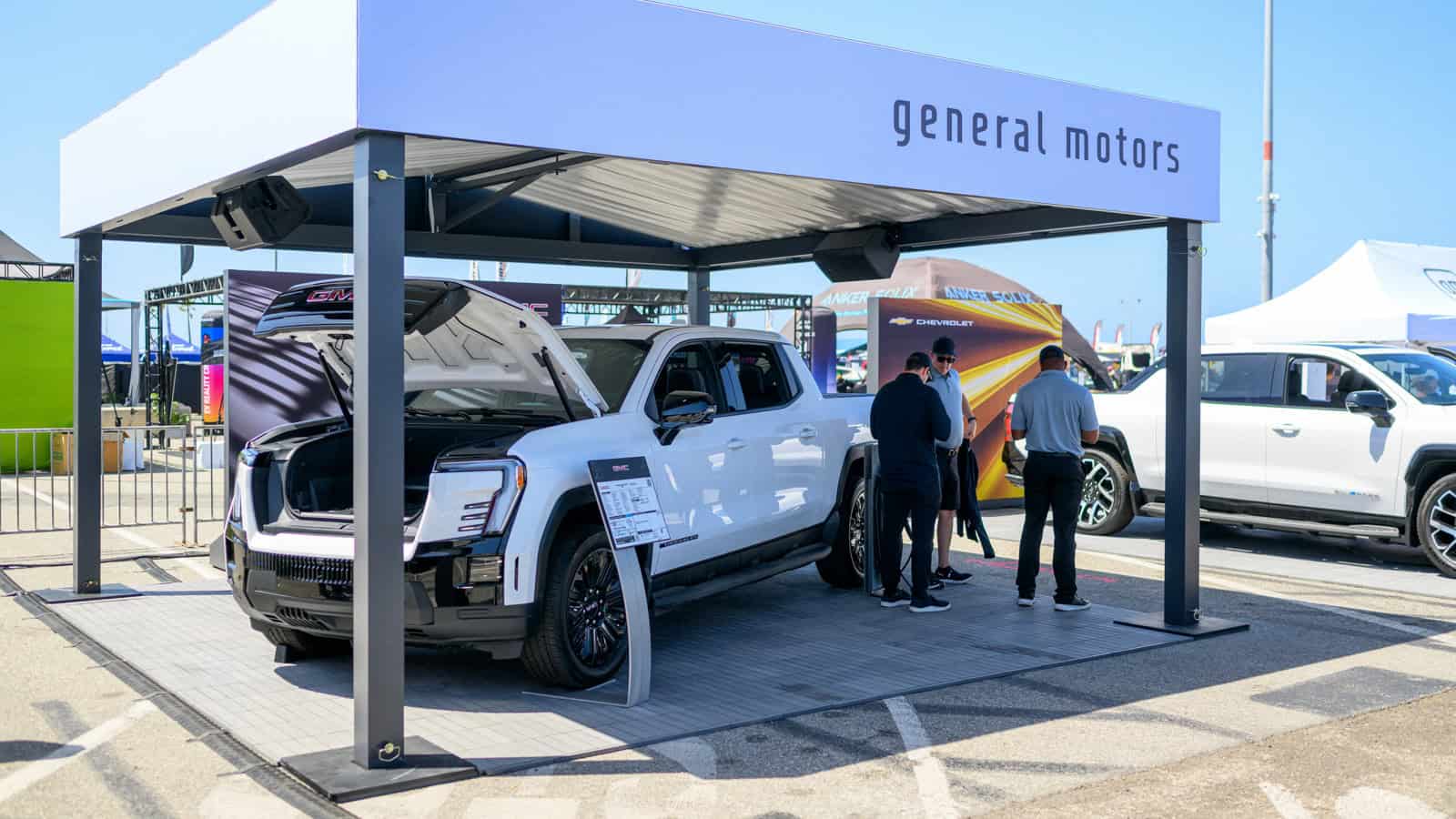- Governor Newsom’s proposed EV tax credit program could exclude Tesla, despite the company manufacturing its vehicles in California.
- Tesla has been a leader in EV technology and sustainability but may be left out of new incentives designed to promote competition.
- California’s cap-and-trade program could fund the rebates, generating billions annually from polluters to support clean transportation efforts.
ADVERTISEMENT
California isn’t waiting for federal action, or inaction, to safeguard its clean air progress and green jobs. Governor Gavin Newsom is making it clear that if President-elect Donald Trump eliminates the $7,500 federal EV tax credit, California will step in with a revived state rebate program.
In response, Governor Gavin Newsom has pledged to counteract any federal rollbacks by reinstating California’s own rebate program.
“We will intervene if the Trump administration eliminates the federal tax credit, doubling down on our commitment to clean air and green jobs in California,” Newsom promised. “We’re not turning back on a clean transportation future — we’re going to make it more affordable for people to drive vehicles that don’t pollute.”
ADVERTISEMENT
The federal EV tax credit, established under the Inflation Reduction Act (IRA) of 2022, offers consumers up to $7,500 for new electric (EV), hybrid (HEV), plug-in hybrid (PHEV), or fuel-cell vehicles (FCEV), and up to $4,000 for used ones, subject to income limitations.
This incentive has been pivotal in narrowing the price gap between electric and gasoline-powered cars. As of October, the average sale price for a new electric car was $56,902, compared to $48,623 for a gas-powered vehicle, according to Kelley Blue Book.
Governor Newsom’s proposal involves reviving the state’s Clean Vehicle Rebate Program (CVRP), which operated from 2010 to 2023. This program provided direct-to-consumer rebates, starting at $5,000 and eventually increasing to $7,500, facilitating the purchase of over 594,000 vehicles and saving more than 456 million gallons of fuel.
ADVERTISEMENT
Funding for the renewed program would likely come from California’s cap-and-trade program, where industrial polluters buy and sell emissions credits, a fund that has generated up to $5 billion annually, supporting various climate initiatives.
However, the proposed California EV rebate plan has stirred significant debate, with Tesla’s potential exclusion at the center of the controversy.
Governor Newsom’s office revealed to Bloomberg, that the program might introduce market-share limits designed to encourage competition and give smaller manufacturers a fair chance.
ADVERTISEMENT
These limits could make Tesla ineligible for rebates due to its dominant presence in the EV market. In Q2 2024, Tesla accounted for 48.9% of EV sales, according to U.S. Energy Information Administration (EIA). Tesla’s CEO, Elon Musk, criticized this approach, stating, “Even though Tesla is the only company that manufactures their EVs in California! This is insane.”

California’s leadership in EV adoption is undeniable, with electric vehicles accounting for over 30% of auto registrations in the San Francisco Bay Area and nearly 25% in Los Angeles as of 2023, according to S&P Global Mobility.
The state has set ambitious goals, mandating that by 2035, all new cars and light trucks sold must be zero-emissions vehicles, and half of all new heavy trucks must be electric.
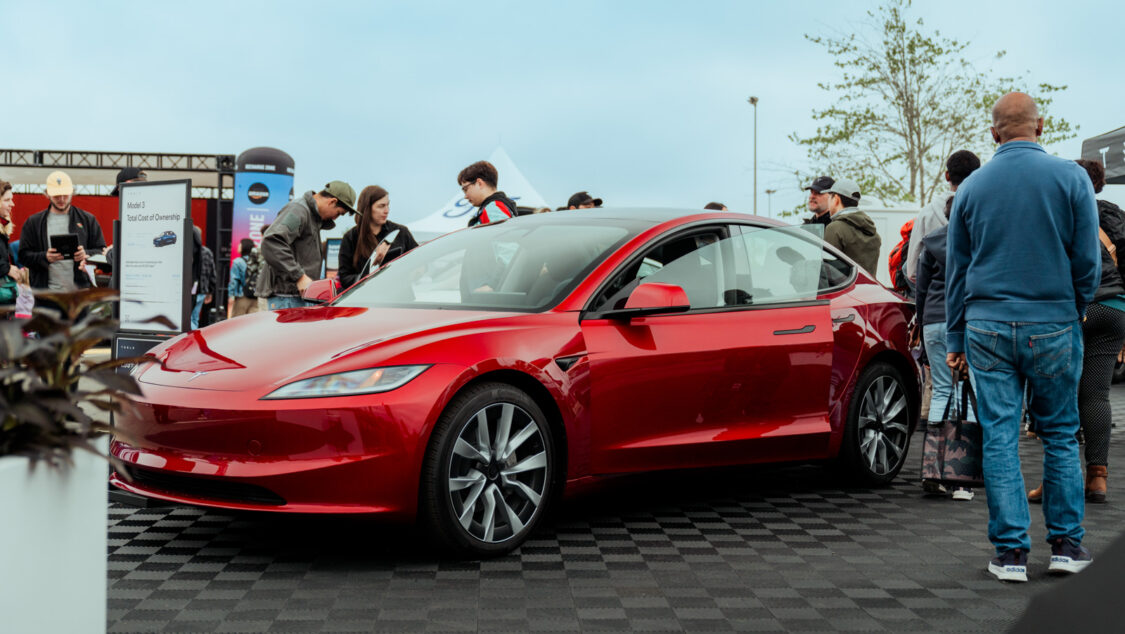
California’s fight to protect the EV tax credit is a turning point for clean transportation. As federal policies threaten to roll back incentives for electric vehicles, California’s response could determine the future of affordable clean cars, innovation in the auto industry, and the broader battle against climate change.
Tesla has been a leader in advancing electric vehicles through its technology and commitment to sustainability. However, Governor Newsom’s proposed rebate program, designed to support smaller manufacturers, may exclude Tesla due to its dominant market position.
This approach could favor emerging competitors, aligning to encourage diversity in the market. Yet, it raises concerns about fairness, especially since Tesla manufactures its vehicles in California, directly supporting the state’s economy and clean air initiatives.
ADVERTISEMENT
For Tesla supporters, the potential exclusion highlights the need for policies that balance competition with recognition of longstanding contributions to clean transportation. Your voice is essential in ensuring these programs support all players driving progress in the industry.
Stay informed, reach out to your representatives, and advocate for policies that prioritize accessibility, fairness, and the continued advancement of clean transportation. Together, we can protect the EV tax credit and ensure electric cars remain within reach for everyone.
ADVERTISEMENT

SOURCE | FEATURED IMAGE: STATE OF CALIFORNIA | ELECTRIFY EXPO
FTC: We use income-earning auto affiliate links. Learn more.


